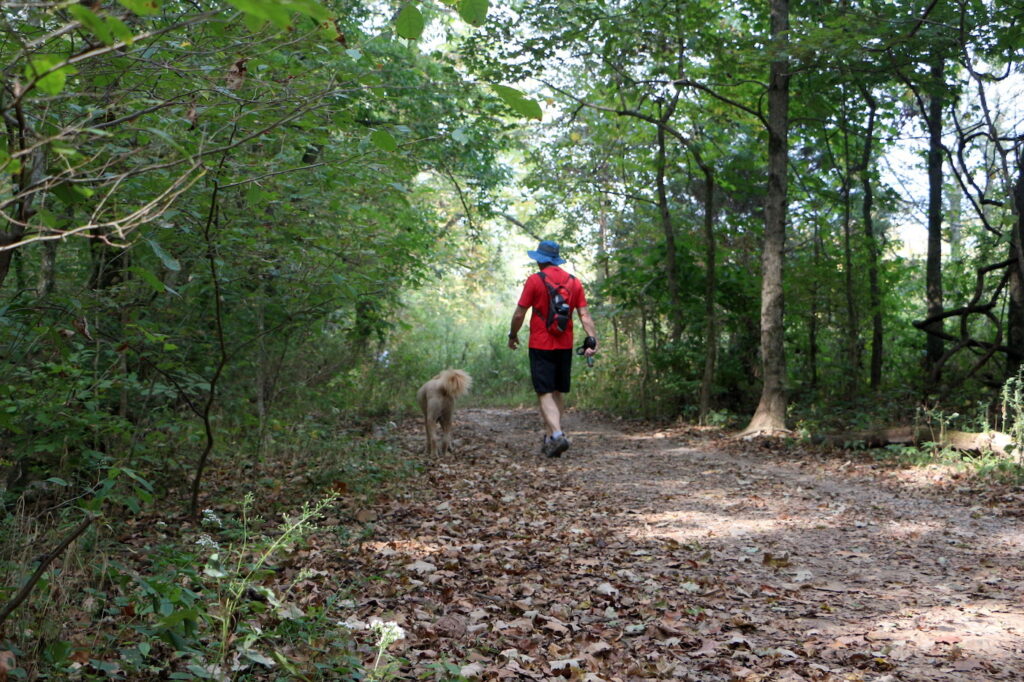
Nashville sits within a basin, sometimes called the Nashville Basin.
Tectonic collisions nearly a half-billion years ago, when Tennessee was submerged under a tropical sea, helped form this depression that extends about 60 miles across the middle of the state.
This basin is surrounded by the Highland Rim, an area of higher ground that is separated into eastern and western portions that contain dense oak forests.
 Courtesy Tennessee Division of Geology
Courtesy Tennessee Division of Geology Nashville sits with a basin that is surrounded by the Highland Rim.
The Western Highland Rim partially dips in Nashville, and its woods are considered part of the largest remaining contiguous forest habitat region in Middle Tennessee, according to the Tennessee Wildlife Resources Agency.
This land has been under threat from industrial pine plantations and, as many Nashville citizens are now fearing, development.
“It’s 100,000 acres in Nashville, and the only reason it’s still intact in there is because it’s got such steep slopes,” said Kathleen Williams, the retired founder of the TennGreen Land Conservancy. “But people find a way to mess things up.”
Williams spoke during Nashville’s Metro Council meeting last week along with about a dozen other members of the Alliance to Conserve Nashville’s Highland Rim Forest, a group of citizens and members of various conservation nonprofits like the Cumberland River Compact, Tennessee Environmental Council and Friends of Beaman Park.
The alliance asked the council to protect this land, which Williams said connects Radnor Lake, Warner Parks, West Meade, Bell’s Bend, Beaman Park and Whites Creek, by funding land purchases and a conservation plan.
“Nashville has this amazing asset. It’s a part of our natural beauty. It’s a part of our identity,” said Jim Gregory, of the Nashville Tree Conservation Corps, during the meeting.
Metro Council did not take action last week. Funding for the Highland Rim will likely be handled by either the parks or planning departments, Councilmember Burkley Allen said during a recent budget committee meeting.
Nashville has one of the weakest park budgets in the nation. The city is spending $45 per person each year on green spaces, less than half the national average of $108, according to a recent report by the Trust for Public Land.
More: Nashville parks drop to the bottom 10 in new national ranking
Nashville has 243 parks and green spaces across its nearly 500 square miles, and less than half of residents live within a 10-minute walk of a park.

